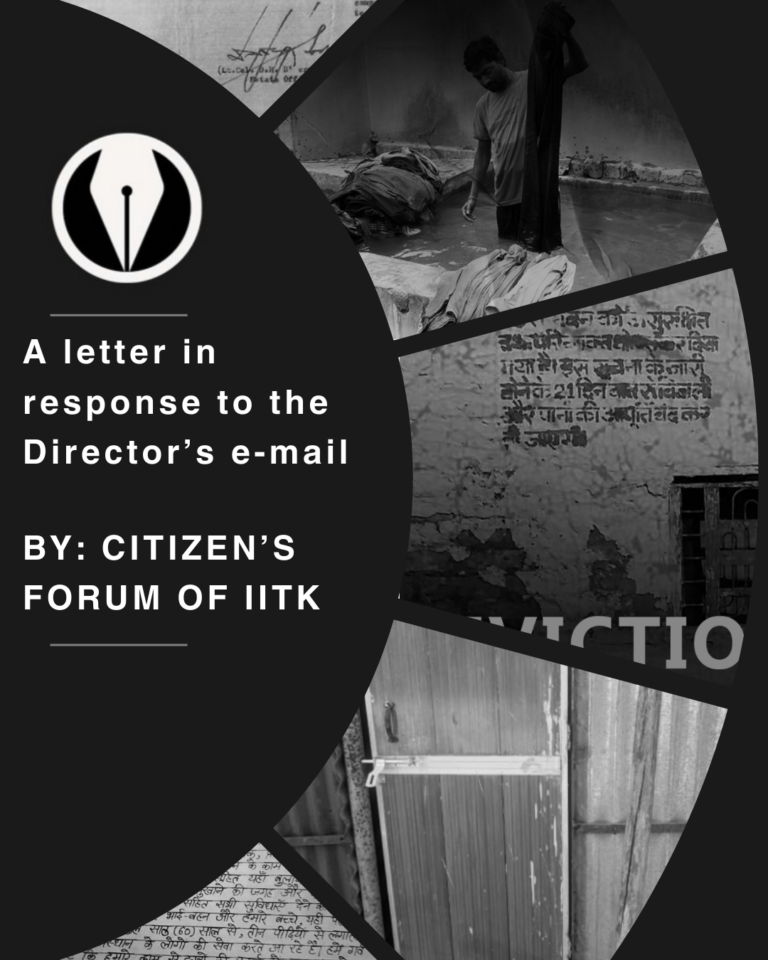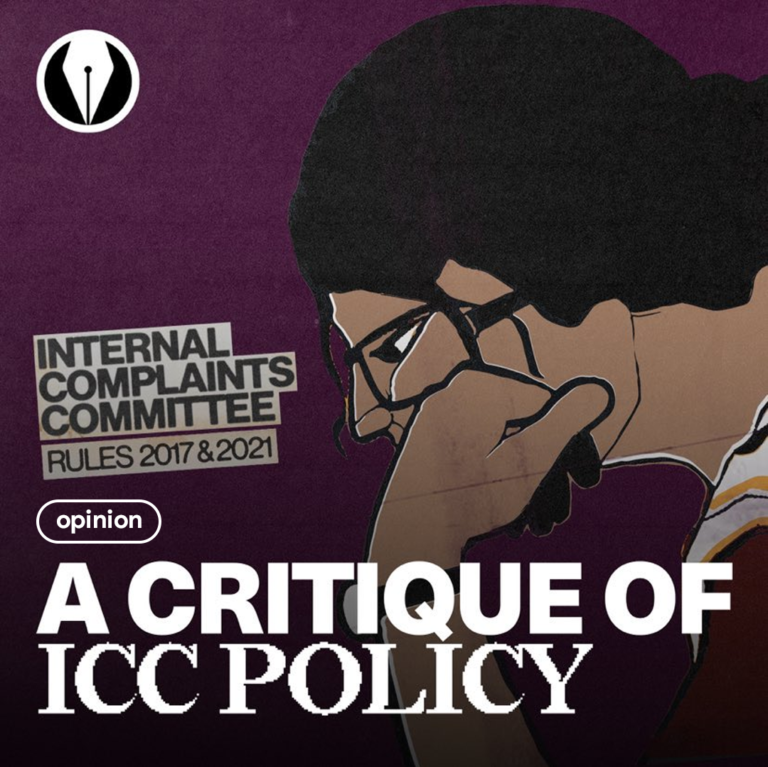Disclaimer: The views presented below are the IITK Motorsports team’s own and are not in any manner representative of the views of Vox Populi as a body or IIT Kanpur in general.
IITK Motorsports is an IITK student team working towards building a racecar. They have been tirelessly working on crafting race cars that have earned them accolades, including a first prize in the electric vehicle category at Formula Bharat. However, like many other teams and clubs, their course took an unforeseen turn with the advent of the pandemic. The pandemic-induced shift from offline to online operations had its share of challenges, impacting the team’s workflow, communication, and knowledge transfer. Despite the hurdles of administration and budget constraints, the team’s indomitable spirit and determination to excel shine through as they strive to build their first Formula Student electric car this year. The team talked to Vox regarding their triumphant rebound from the pandemic and the concerted efforts to overcome the hurdles they face within the institute’s ecosystem, offering an inspiring glimpse into their journey of innovation and perseverance.
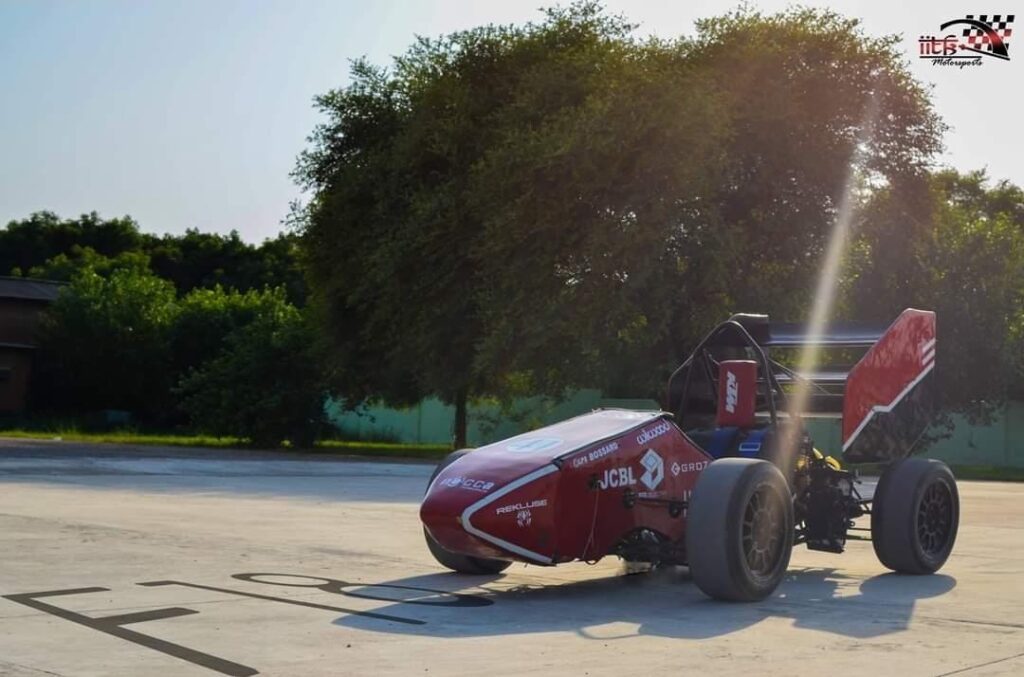
Vox: Could you briefly introduce the readers to Team IITK Motorsports?
Team IITK Motorsports was established in 2008 to cater to the student community’s automotive interests and applied engineering skills. We aspire to engineer, analyse, fabricate, and compete against other motorsports teams. The team has previously participated in national and international competitions like Formula Student Italy, SUPRA, Baja, Mega ATV Championship, and Formula Bharat. They are now gearing up for Formula Bharat 2024 by manufacturing the first Formula Student Electric Vehicle of IIT Kanpur.
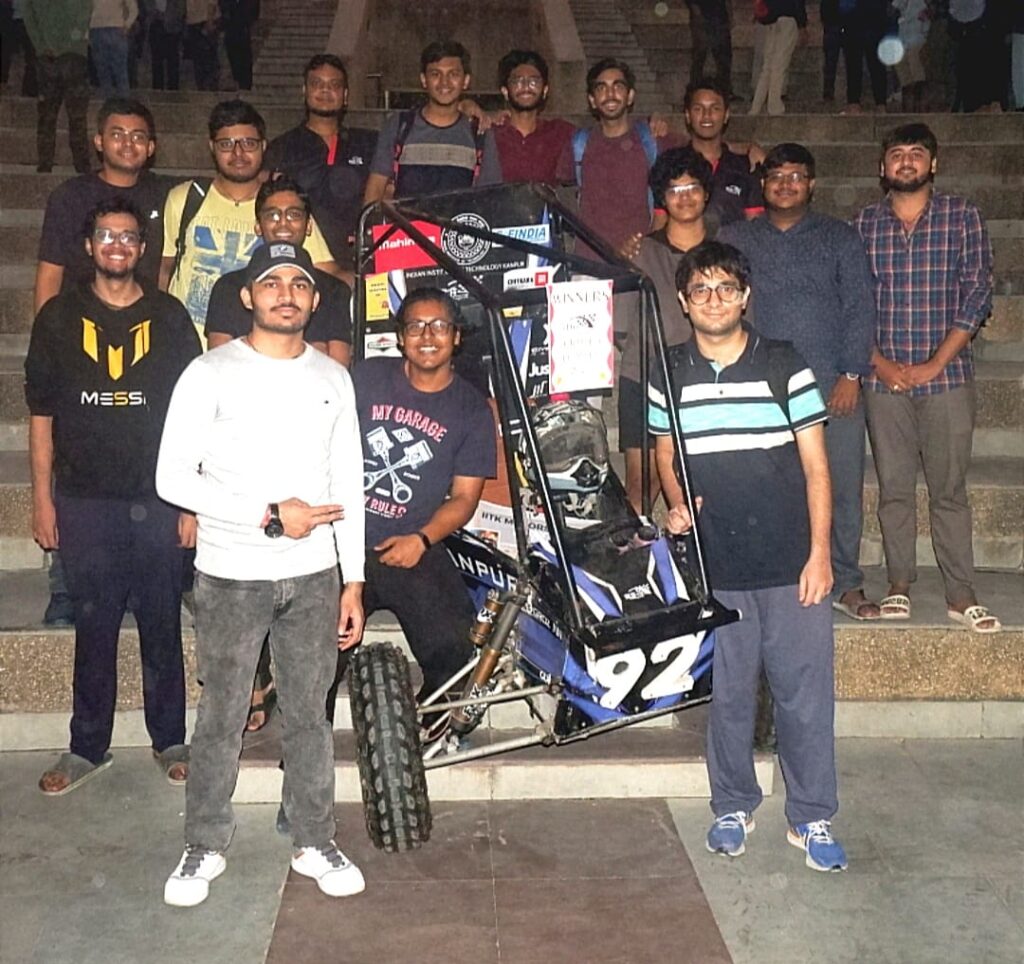
Vox: How did the Covid wave affect your team’s workflow and transition from online to offline work?
During the Covid years, the Y18s and Y19s had to manage the team online. In online mode, it was challenging to coordinate team members’ availability for meetings. Additionally, the team required robust internet connectivity and sufficient data limits to facilitate the transfer of significant CAD and Ansys files. When the Y20 batch was given leadership, challenges arose due to the sudden transition to the offline mode. After the pandemic, the Y20s learned about managing the team offline with the support of some seniors from the Y17 batch students in their last years of dual degrees or masters, teaching them how to run the team.
One of the significant challenges we faced was the inability to transfer knowledge effectively due to the online nature of meetings. We had to figure out many things independently, essentially starting the team from scratch. We embraced a more formal and professional approach to address this, establishing clear communication channels and documentation processes to bridge the knowledge gap. Also, during the transition, our timeline was disrupted, causing issues in manufacturing due to the need for more funds and support. We also faced challenges with the institute and SnT council regarding funding and acquiring necessary resources. However, despite these hurdles, we achieved 1st place in the Class-1 electric vehicle category in Formula Bharat 2023.
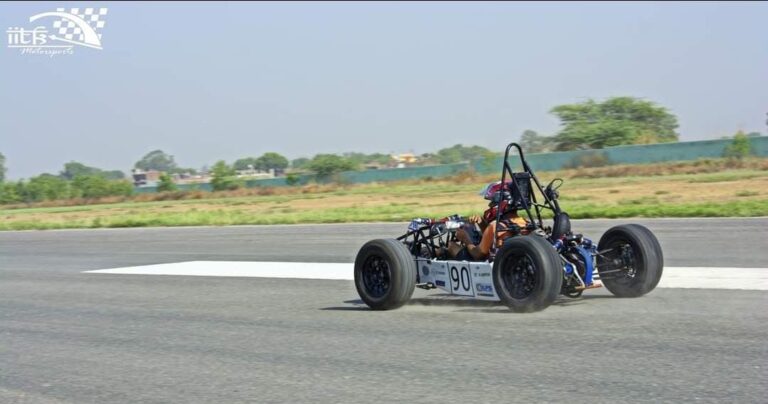
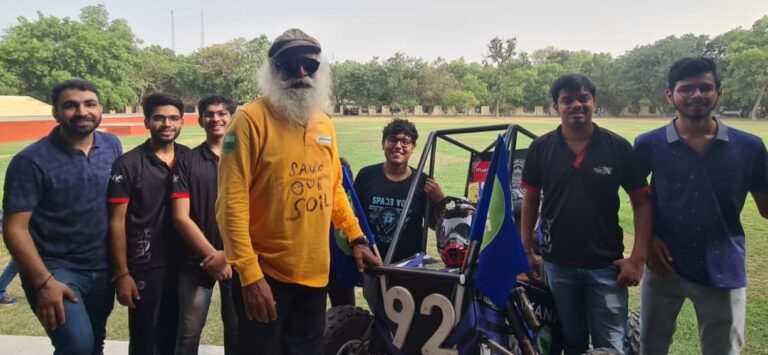
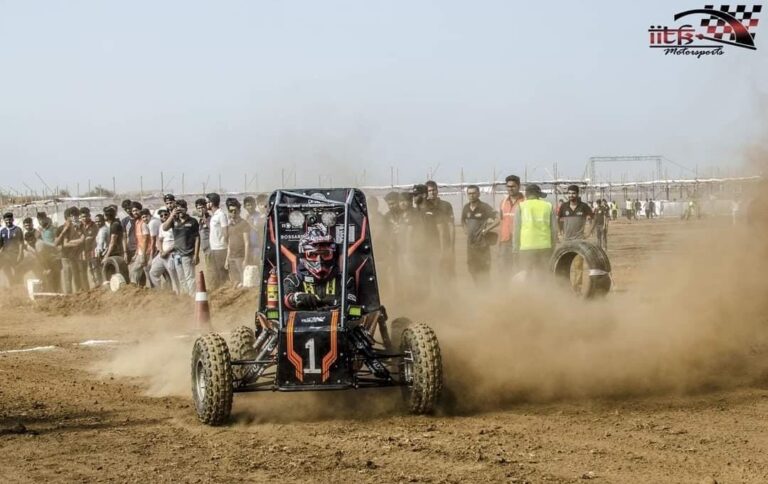
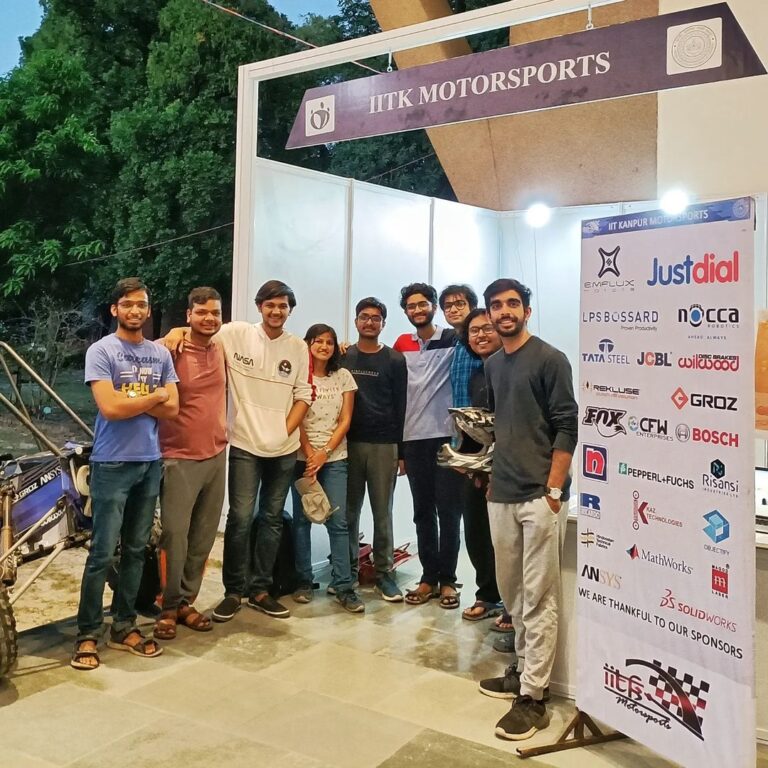
Vox: What are the problems that you face from the administration? What are the policies that you would like a change in?
There needs to be more communication between the administration and the students. We are trying to bridge this gap, and after numerous exchanges with the professors, our relationship with the administration is becoming healthier. We think it’s not only the administration’s problem of having so many blockages but also the student bodies responsible for facilitating the communication. We believe the student representatives should put in more effort to facilitate these exchanges between the students and the administration. Team members are supposed to design and build the car. They are not supposed to spend time and energy to get the logistics and funding sorted from the Institute.
Our constitution needs to be revised regarding the SnT teams. The Constitution states that a student team in the institution cannot rely on the SnT council’s funds. A team like ours needs at least 50,000 rupees every month to function. A circulating narrative suggests that our team’s significant budgetary requirements burdened the SnT council, giving rise to the perceived budget challenge. However, we firmly believe that this narrative fails to capture a comprehensive understanding of the situation and the complexities involved. As the student motorsports team of one of the most prestigious engineering institutes in the country, we are expected to design and manufacture one of the best formula student vehicles; for that, we need funds. We need funds to justify the purpose of our team’s existence.
Vox: How do you envision the future of Motorsports with and without the support of the SnT umbrella?
The team operating independently from the SnT umbrella has been debated for the past five to six years, particularly when facing budgetary constraints. Our approach has been to utilise and modify purchased components to the best of our abilities to minimise costs. However, even with these efforts, during the current year, the Y21 team members had to contribute approximately 1.61 lakhs towards the team’s expenses personally. This amount constitutes roughly 1/8th of the SnT council’s budget. We are fortunate to have a faculty advisor who exhibits great enthusiasm towards our endeavours and is always there to help us in deadlocks like these. Conversely, the SnT council also derives numerous benefits from our presence. We have played a crucial role in significantly strengthening the Public Relations efforts of the SnT council and the Outreach Cell. Regrettably, we have not witnessed any significant reciprocal measures to acknowledge or repay our contributions.
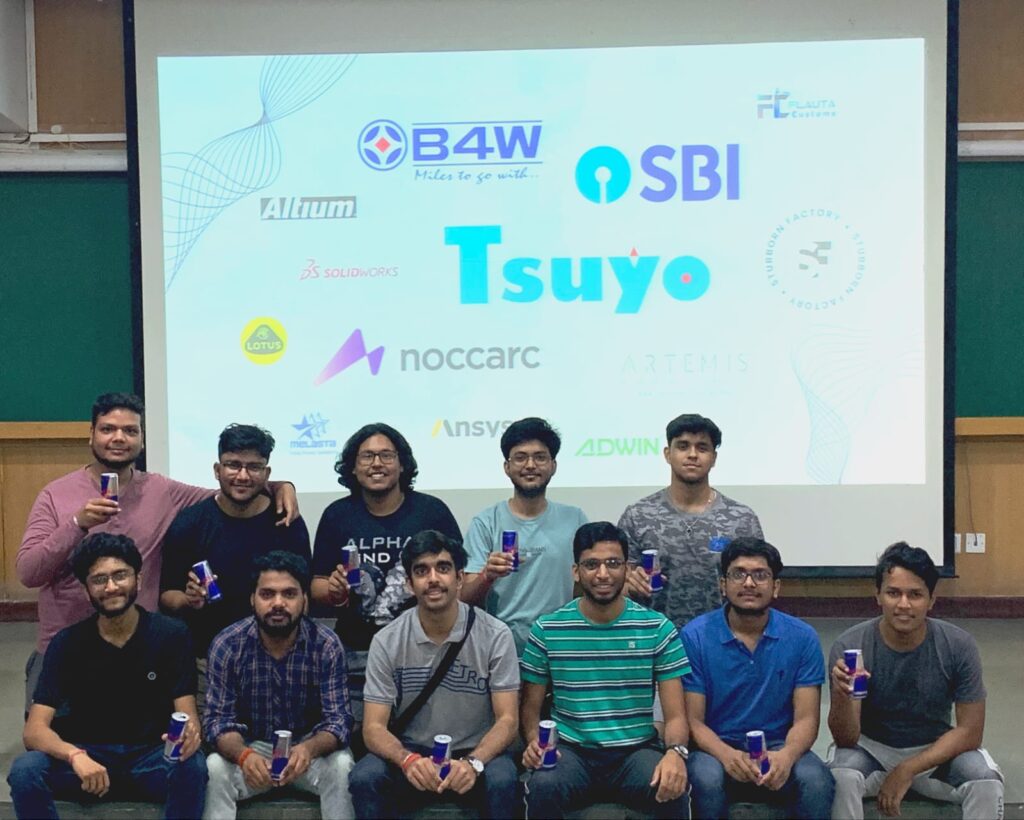
Vox: What are your views on removing the post of Associate Head for teams in the SnT council?
The decision was very heartbreaking for us. We did not expect the council to be so insensitive towards the teams. It was shocking for every team that there won’t be someone facilitating communication between teams and the administration. After the decision was passed, we and other teams opposed it in the next council meeting. There was also a change in the job description of the R&D role, and the General Secretary, SnT, did not acknowledge the exact wording of the change. All the teams came together against the decision. Again, it was a great show of solidarity from all the teams. And we are very thankful to all the teams for whatever they tried to do on behalf of the teams, and in a way, helping team IITK Motorsports.
Vox: Could you suggest some institutional changes or changes in the structure or functionality of SnT that could help in better functioning and results?
From the team’s perspective, team heads of most of the colleges’ teams are fourth-year students. Having a representation of fourth-year students in team heads can fill the gap between the GenSec and the team heads. Moreover, a robust system of raising funds apart from the institute should be considered because many entities under the SnT council face this issue which directly impacts and hinders their technical growth. Other than that, we observe that the passion for teams and other entities is reducing, which needs to be rekindled.
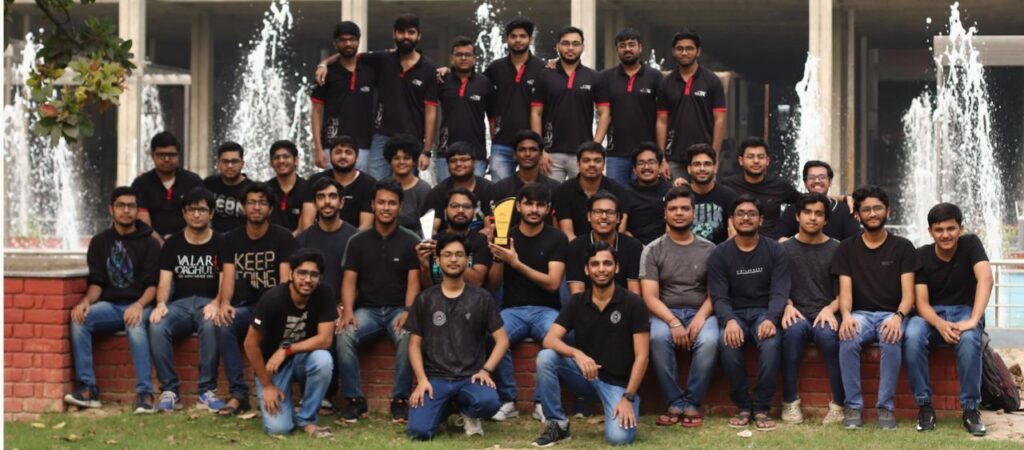
Interviewed by: Chinmay Pratap, Hisham, Nishanth, Praneat Data
Edited by: Khush Khandelwal
Design by: Tania S





![[EDITORIAL] Is the institution failing somewhere?](https://voxiitk.com/wp-content/uploads/2026/01/1-2-768x960.png)
